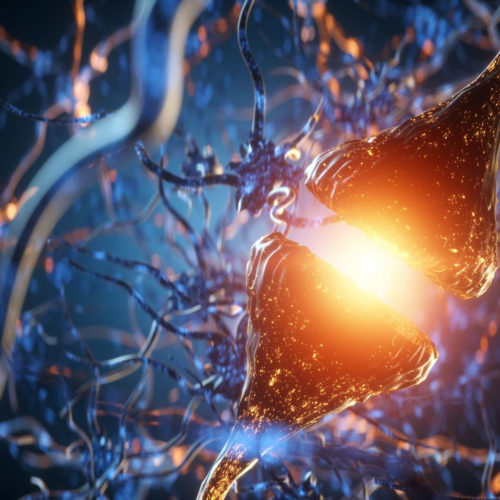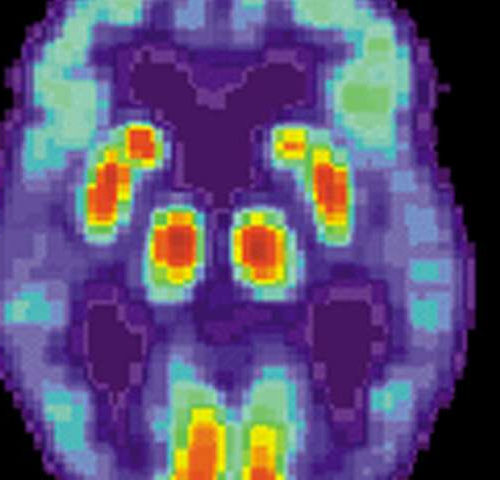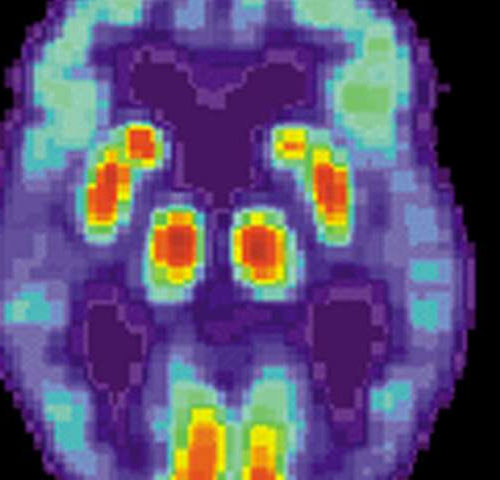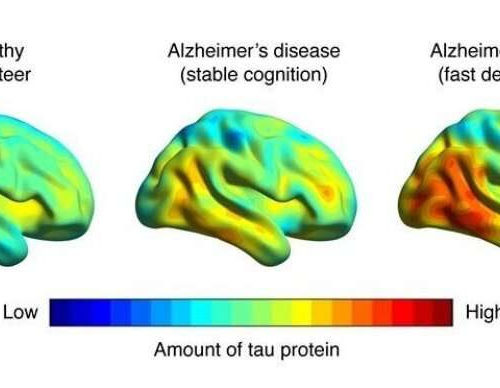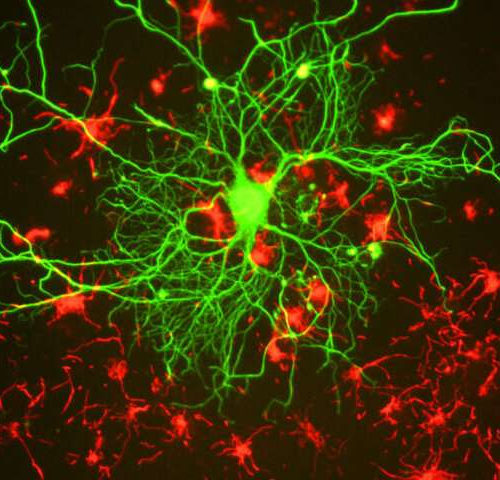Scientists discover for the first time that oxytocin could be a potential new therapeutic option for cognitive disorders such as Alzheimer’s disease TOKYO UNIVERSITY OF SCIENCE OXYTOCIN, THE HORMONE THAT INDUCE FEELINGS OF LOVE AND WELL-BEING WITHIN US, ARE FOUND TO REVERSE SOME OF THE DAMAGE CAUSED BY AMYLOID PLAQUES IN THE LEARNING AND MEMORY…...
Tag: <span>Alzheimer’s disease</span>
A balancing act between immunity and longevity
by Max Planck Society As we age, the immune system gradually becomes impaired. One aspect of this impairment is chronic inflammation in the elderly, which means that the immune system is constantly active and sends out inflammatory substances. Such chronic inflammation is associated with multiple age-related diseases including arthritis and Alzheimer’s disease, and impaired immune...
A chemical tailor-made suit for Alzheimer’s drugs
Research team from Göttingen and Halle develops new inhibitors for enzymes PROTEIN CRYSTALS OF THE HUMAN ENZYME GLUTAMINYL CYCLASE AND ATOMIC STRUCTURE OF THE NEW INHIBITOR. view more CREDIT: LISA-MARIE FUNK With over 1.2 million people affected in Germany alone and over 50 million people worldwide, Alzheimer’s disease, also referred to simply as Alzheimer’s, is...
Synapse-saving proteins discovered, opening possibilities in Alzheimer’s, schizophrenia
UNIVERSITY OF TEXAS HEALTH SCIENCE CENTER AT SAN ANTONIO GEK-MING SIA, PHD, AND COLLEAGUES IN THE LONG SCHOOL OF MEDICINE AT UT HEALTH SAN ANTONIO DISCOVERED A NEW CLASS OF PROTEINS THAT SPARE SYNAPSES FROM ELIMINATION. INCREASING THE NUMBERS… view more CREDIT: UT HEALTH SAN ANTONIO Researchers at The University of Texas Health Science Center...
Scientists discover protective Alzheimer’s gene and develop rapid drug-testing platform
by Queen Mary, University of London A gene has been discovered that can naturally suppress the signs of Alzheimer’s Disease in human brain cells, in research led by Queen Mary University of London. The scientists have also developed a new rapid drug-screening system for treatments that could potentially delay or prevent the disease. The main...
Abnormal proteins in the gut could contribute to the development of Alzheimer’s disease
by The Physiological Society A new study published in the Journal of Physiology has shown that misfolded protein build-up in the gut could contribute to the development of Alzheimer’s-like symptoms in mice. This could suggest a new treatment approach for Alzheimer’s disease that would target the gut before symptoms of cognitive deficits appear in patients....
Brain imaging can predict Alzheimer’s-related memory loss
by Karolinska Institutet Researchers at Karolinska Institutet have imaged tau protein in the brains of living patients with Alzheimer’s disease. The amount and spread of tau proved a predictor of future memory loss. Brain imaging for measuring tau can be useful both for improving diagnosis and for developing more effective treatments, say the researchers. The...
Giant leap in diagnosing liver disease
Stool microbes make a challenging diagnosis easier SCHEMATIC SHOWING HOW THE MICROBIOME SIGNATURE FROM STOOL SAMPLES CAN BE USED TO TEST FOR CIRRHOSIS. view more CREDIT: SALK INSTITUTE LA JOLLA–(July 1, 2020) Chronic liver disease represents a major global public health problem affecting an estimated 844 million people, according to the World Health Organization. It...
Study shows asthma drug salbutamol’s potential as Alzheimer’s treatment
A new study reveals that the common asthma drug salbutamol may offer potential as a treatment for Alzheimer’s disease LANCASTER UNIVERSITY A new study reveals that the common asthma drug salbutamol may offer potential as a treatment for Alzheimer’s disease. Alzheimer’s disease is the most common form of dementia, affecting 47 million people worldwide and...
Study hints at early sign of Alzheimer’s degeneration
by Maggie MacLellan, University of Western Ontario BrainsCAN researchers examined an area in the brain’s subcortical region called the basal forebrain that includes cholinergic neurons. These neurons are known to be severely damaged by Alzheimer’s disease. Credit: University of Western Ontario Researchers have moved one step closer to identifying targets for brain degeneration that occur...

